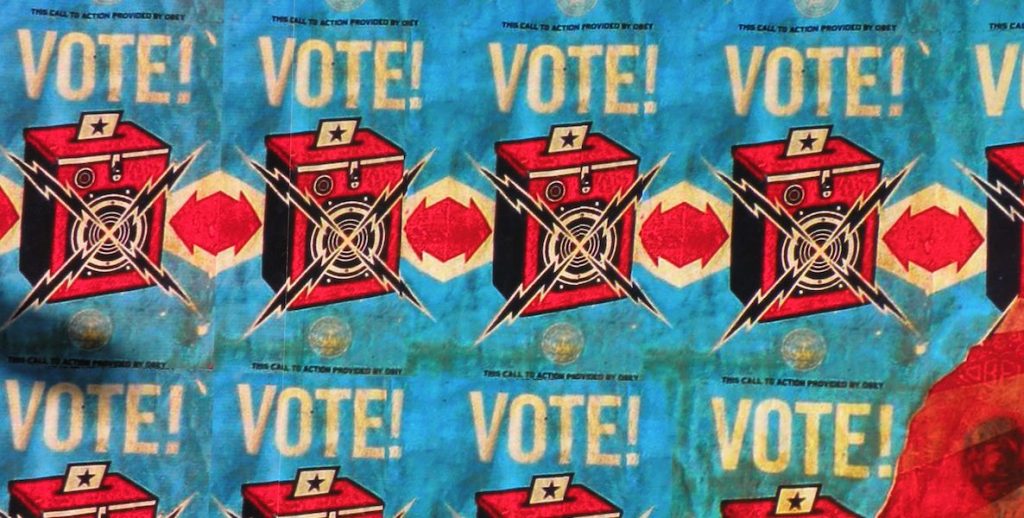Imagine this. It’s election day. You voted at 8 a.m. And, periodically throughout the day, you’d like to check in to see who’s ahead. At noon, you find out that Hillary is way ahead in California but only up three percentage points in Ohio. By 3 pm, you learn that she’s upped her lead in Ohio to 8, but that Trump has jumped ahead by 3 in the Tar Heel state.
Votecastr is the brainchild of local political consultant Ken Smukler—the same guy whose uproarious political commentaries on black radio we’ve been linking to. He has partnered with a group of Silicon Valley disruptors and former Philadelphia Magazine writer Sasha Issenberg, author of 2013’s brilliant The Victory Lab: The Secret Science of Winning Campaigns, and the ever-thoughtful slate.com, which will be the media resting place for Votecastr’s real-time reports. Issenberg and I worked together a decade ago, and I count him as a friend. Like Smukler, he’s a deep political thinker, as his book amply illustrates. Together, they’ve come up with something that could end the paternalistic media coverage we get on election day and, by covering politics as though it were an NFL Sunday, it just might make the masses more excited about races for elective office.
Votecastr is a long overdue innovation, and one that, by hooking citizens on the won/lost narrative on election day, could ultimately boost turnout.
This past weekend, the New York Times broke the news of Votecastr’s arrival on the scene, complete with some handwringing from the media and political establishment. But the best explanation of what it is came from Issenberg on Slate. “On the biggest news day of the year, news organizations offer an interminable pregame show and then flip to the final score, skipping the Super Bowl itself,” Issenberg writes.
But the dirty secret inside the Beltway is that campaigns have long known precisely who is winning the game in real time and, using the same sophisticated turnout modeling, Votecastr seeks to make that information available to you and me throughout election day. That the networks and major news outlets haven’t yet done so is a stunning testament to the power of knee jerk conventional wisdom, as Issenberg outlines. It’s the fallout of an early call of the 1980 presidential race between Jimmy Carter and Ronald Reagan, even though hardly any evidence exists to suggest that said early call depressed turnout in western states where the polls were still open.
Besides, Votecastr isn’t planning on calling races. It’s talking about leveling the information playing field between the insiders—the campaign consultants and TV talking heads who are in the know—and the rest of us. When I caught up with Smukler yesterday, he was starting to hear from establishment types that he’d be suppressing turnout, and he was, like Issenberg, working the football metaphor.
Votecastr isn’t planning on calling races. It’s talking about leveling the information playing field between the insiders—the campaign consultants and TV talking heads who are in the know—and the rest of us.
“I’m really just a play-by-play announcer,” he said. “Look, you tune into an NFL game in the third quarter and one team is up 42-3. The sportscaster doesn’t say the game is over. The fan takes in the information and makes that determination for himself. The sportscaster still calls every play. We’re just calling the score throughout the day, and not projecting the ultimate winner.”
Votecastr is a long overdue innovation, and one that, by hooking citizens on the won/lost narrative on election day, could ultimately boost turnout. Who knows? As election day coverage continues to borrow from NFL game day, maybe someday the time will come when, as in Great Britain, it becomes legal to place wagers on election results. When that day happens, the NFL and politics will have finally merged, for good or ill.

